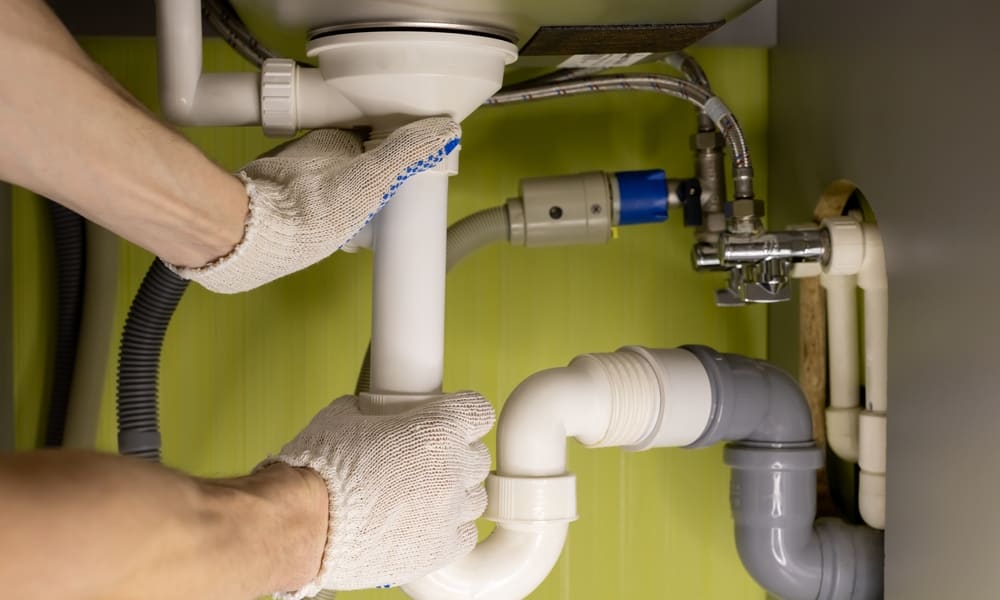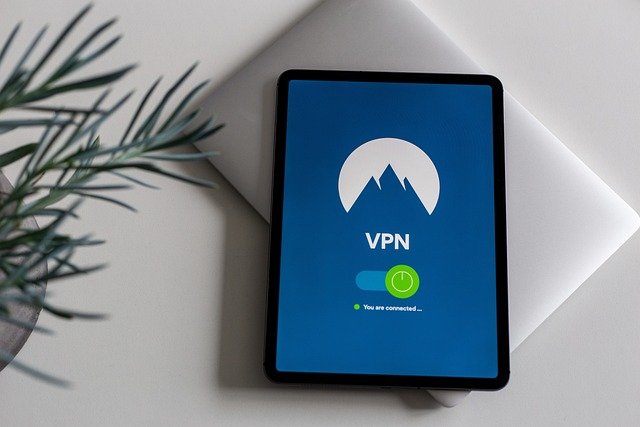Need professional help? Plumbers in Germany will help you change your water filtration system
Bottled water is expensive, inconvenient, and bad for the planet. More and more households in Germany are switching to home water filtration systems. A single high-quality filter can replace hundreds of single-use plastic bottles — start your eco-upgrade today and enjoy clean, great-tasting water without the cost or waste.

Why Are Households in Germany Moving Away from Bottled Water?
Germany has long been known for its high consumption of bottled water, with the average German using about 140 liters of bottled water annually. However, this trend is shifting dramatically as environmental awareness grows. The production, transportation, and disposal of plastic bottles generate significant carbon emissions and contribute to plastic pollution. Many Germans are becoming increasingly concerned about these environmental impacts.
Additionally, the inconvenience of purchasing, carrying, and storing bottled water has prompted many households to seek alternatives. The physical strain of regularly transporting heavy water bottles from stores to homes is particularly challenging for older residents or those living in buildings without elevators. Furthermore, storing multiple bottles requires considerable space in often compact German apartments.
The high quality of German tap water is another factor driving this shift. Germany has strict water quality standards, with tap water often meeting or exceeding the quality of bottled alternatives. This realization has led many consumers to question why they’re paying premium prices for bottled water when excellent quality water flows directly into their homes.
What Types of Water Filtration Systems Work Best in Germany?
Several water filtration systems have proven effective for German households, each addressing specific water quality concerns while complementing the existing high standards of municipal water.
Under-sink filtration systems are particularly popular in Germany due to their efficiency and discreet installation. These systems connect directly to the water supply beneath the kitchen sink and typically use multi-stage filtration to remove chlorine, heavy metals, and other potential contaminants. They’re ideal for apartment dwellers who don’t want to modify their entire plumbing system.
Whole-house filtration systems are gaining popularity among homeowners. These comprehensive solutions filter all water entering the property, ensuring that every tap delivers filtered water. While they require a larger initial investment and professional installation, they provide filtered water for drinking, cooking, bathing, and laundry.
Countertop filters and water filter pitchers offer more accessible entry points for those testing the waters of filtration systems. These portable options require no installation and can be especially useful for renters who cannot make permanent modifications to their accommodations.
Reverse osmosis systems represent the premium segment of water filtration in Germany. These advanced systems remove virtually all impurities, including dissolved solids that simpler filters might miss. They’re particularly valuable in areas with harder water, which is common in certain regions of Germany.
How Much Can You Save by Switching to Filtered Water?
The economic benefits of transitioning from bottled to filtered water are substantial for German households. A typical German family of four might consume around 1,000 liters of bottled water annually, costing between €250 and €500 depending on the brand and mineral content.
By contrast, installing a quality under-sink filtration system with replacement filters can cost an initial €150-300, with annual maintenance expenses of approximately €50-100. This represents potential first-year savings of €100-350, with even greater savings in subsequent years when only replacement filters are needed.
| System Type | Initial Cost (€) | Annual Maintenance (€) | 5-Year Total Cost (€) |
|---|---|---|---|
| Under-sink filter | 150-300 | 50-100 | 400-800 |
| Whole-house system | 500-1,500 | 100-200 | 1,000-2,500 |
| Countertop filter | 30-100 | 60-120 | 330-700 |
| Reverse osmosis | 200-500 | 80-150 | 600-1,250 |
| Bottled water | 0 | 250-500 | 1,250-2,500 |
Prices, rates, or cost estimates mentioned in this article are based on the latest available information but may change over time. Independent research is advised before making financial decisions.
Beyond direct financial savings, switching to filtered water eliminates the environmental costs associated with plastic bottle production and disposal. Germans pay for waste management through taxes and fees, so reducing plastic waste can contribute to lower community waste management costs in the long term.
Why Professional Installation Matters for Water Filtration Systems
While some simpler filtration systems can be installed by homeowners, professional plumber installation offers significant advantages, especially for more complex systems. German plumbers are rigorously trained and certified, ensuring they understand the intricacies of local plumbing codes and water characteristics.
Professional installation helps avoid common pitfalls such as improper connections that could lead to leaks or reduced system effectiveness. Plumbers can also help identify the optimal location for your system, considering factors like water pressure, access for maintenance, and integration with existing plumbing.
Many German plumbers now specialize in eco-friendly home improvements, including water filtration installation. They can provide valuable advice about which system best suits your household’s particular needs and water conditions. Some even offer water testing services to help determine exactly which contaminants might be present in your supply, allowing for a more targeted filtration solution.
Installation costs typically range from €80 to €200 depending on the complexity of the system and any additional plumbing modifications required. While this represents an additional upfront investment, professional installation often includes warranties on workmanship and can extend the effective lifespan of your filtration system through proper setup.
Conclusion
The transition from bottled to filtered water represents a significant shift in how German households approach water consumption. The environmental benefits, cost savings, and convenience factors make this change increasingly attractive. With professional assistance from qualified German plumbers, installing and maintaining a water filtration system becomes a straightforward process that pays dividends both financially and environmentally. As more households make this switch, Germany continues its progress toward reducing plastic waste while ensuring residents enjoy clean, healthy water straight from the tap.




